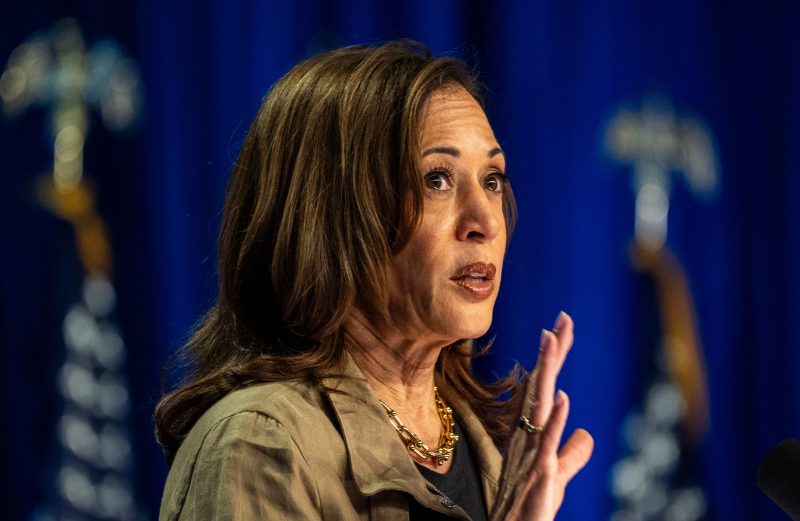In recent times, the topic of the economy and border control has been a point of contention between Vice President Kamala Harris and former President Donald Trump. Harris, who has taken the lead on addressing issues related to migration and diplomacy in the Northern Triangle countries, has advocated for a more holistic approach to immigration that addresses the root causes of migration. On the other hand, Trump has espoused a hardline stance on border security, emphasizing the need for strict enforcement measures such as building a border wall.
One key area of difference between Harris and Trump is their approach to economic policies. Harris has emphasized the importance of addressing economic disparities and creating opportunities for marginalized communities, viewing economic development as a means to address the underlying reasons for migration. She has advocated for investments in education, healthcare, and infrastructure to create sustainable growth and reduce inequality.
In contrast, Trump has prioritized a more protectionist economic agenda, focusing on promoting American jobs and industries through measures such as trade tariffs and immigration restrictions. During his presidency, Trump sought to renegotiate trade deals and bring back manufacturing jobs to the U.S., arguing that these measures would benefit American workers and boost the economy.
The differing views of Harris and Trump on the economy and border issues reflect broader ideological divides within the political landscape. Harris represents a more progressive approach that prioritizes social welfare and international cooperation, while Trump’s approach is characterized by nationalism and a focus on America-first policies.
The question remains whether these divergent views on the economy and border security will ultimately matter in shaping policy outcomes. While Harris and Trump may have contrasting priorities, the reality of governing often requires a more nuanced and pragmatic approach that takes into account a range of factors and stakeholders. Ultimately, the effectiveness of policy initiatives in these areas will depend on the ability to strike a balance between competing interests and finding common ground where possible.
